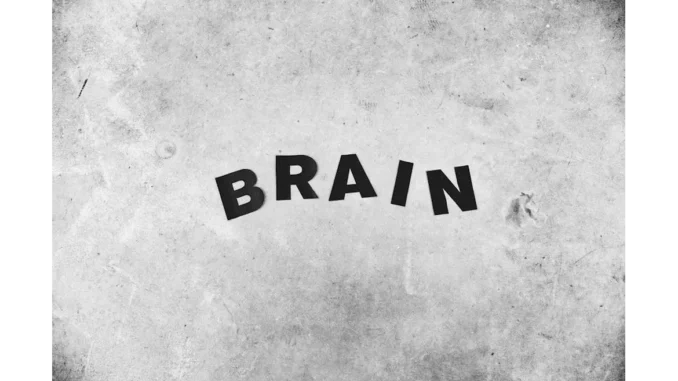
Elevate Your Mental Fitness: Eight Sophisticated Exercises for a Sharper Mind
Maintaining mental well-being is as vital as physical health in today’s fast-paced world. Engaging in activities that stimulate your brain can significantly reduce the risk of cognitive decline, including conditions like dementia and Alzheimer’s. These brain-boosting exercises not only enhance cognitive function but also improve overall mental health and resilience. Here are eight effective mental health exercises to keep your brain sharp and healthy.
1. Take Up a New Hobby
Discover the unparalleled joy of learning something new. Embracing a new hobby, be it culinary arts, painting, or home repairs, can be a marvellous way to stimulate your brain and build cognitive reserve. Dr. Emily Carter, a cognitive neuroscientist, asserts, “Engaging in novel activities challenges the brain and keeps it dynamic, often unveiling hidden talents or new passions along the way.”
2. Learn a New Language
Mastering a new language is a profound exercise for the brain, demanding regular practice and engagement. This practice builds new neural pathways and enhances cognitive function. Whether you choose a spoken language, sign language, or even coding, the intellectual challenge can significantly boost your brain health. According to Dr. Javier Martinez, a linguistics expert, “Language learning requires cognitive flexibility and memory, making it one of the most effective brain exercises.”
3. Play Mind-Engaging Games
Games that necessitate strategic thinking and memory retention are excellent for brain health. Chess, tabletop games, video games, word and number puzzles, jigsaws, crosswords, and sudoku serve as exemplary options. These games compel your brain to think critically and recall patterns, thereby maintaining mental sharpness. “Engaging in such games regularly can promote neuroplasticity and improve problem-solving skills,” says Dr. Linda Hughes, a psychologist specialising in cognitive therapies.
4. Cross-Train Your Brain
Challenge yourself in areas outside your comfort zone to enhance brain adaptability. This could range from learning to set up a tent to planning a backcountry camping trip. By tackling tasks where you’re less experienced, you increase your brain’s flexibility and resilience. Dr. Thomas Browne, an expert in brain health, recommends, “Cross-training your brain in varied activities fosters cognitive agility and adaptability.”
5. Break Your Routine
A simple yet effective way to invigorate your brain is by altering your daily routine. Take a different route to work, switch the order of your morning rituals, or try a new exercise regimen. These small changes compel your brain to adapt to new situations, thereby enhancing cognitive function. “Routine disruptions can stimulate cognitive processes and promote mental agility,” notes Dr. Fiona Clarke, a neuroscientist.
6. Take a Class
Lifelong learning is a cornerstone of brain health. Enrol in a class that piques your interest, whether it’s online or in-person. The discussions and assignments can refine your analytical and critical thinking abilities. Additionally, learning in a group setting offers social interaction, which is beneficial for mental health. Dr. Robert Wilson, an educational psychologist, explains, “The combination of intellectual challenge and social engagement in a classroom setting is profoundly beneficial for brain health.”
7. Prioritise Sleep
Quality sleep is crucial for effective mental exercises. Ensure you get at least seven hours of rest per night, as sleep deprivation can impair memory, mood, and cognitive function. Dr. Sarah Johnson, a sleep specialist, advises, “Adequate sleep is essential for cognitive processes and overall brain health. If a task becomes overwhelming, taking a break or seeking help is prudent.”
8. Seek More Tips and Challenges
For additional brain-boosting tips and challenges, consider reaching out to organisations like the Alzheimer Society. They provide invaluable resources and suggestions to help maintain and improve brain health. Dr. Michael Andrews, a geriatric psychiatrist, suggests, “Staying informed and seeking professional advice can significantly enhance your cognitive wellness strategy.”
Incorporating these mental health exercises into your daily routine can significantly enhance your cognitive function and overall well-being. Remember, it’s never too late to start taking care of your brain.


Be the first to comment